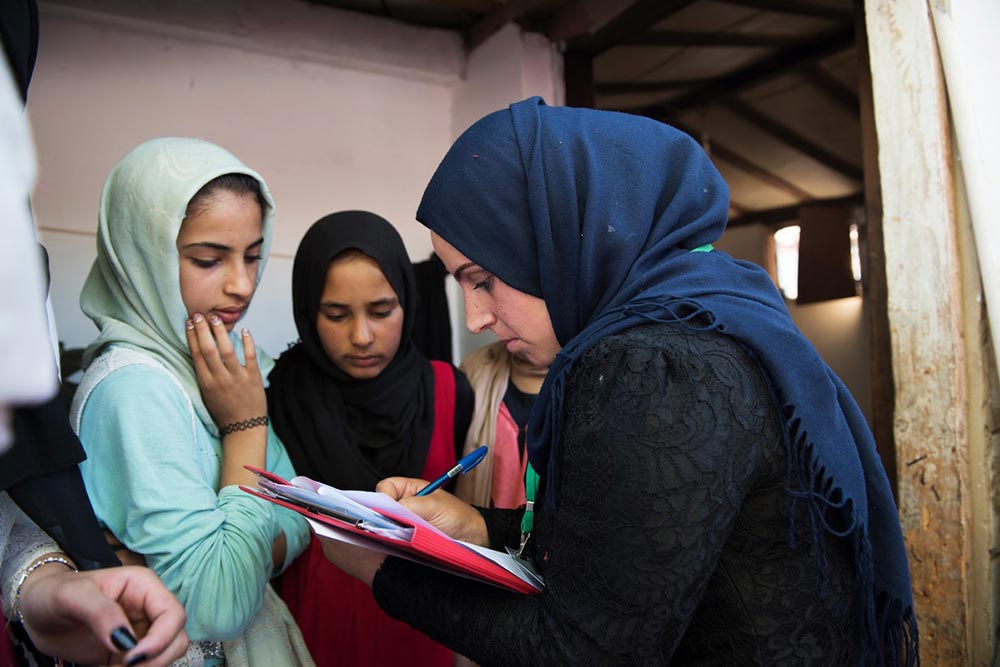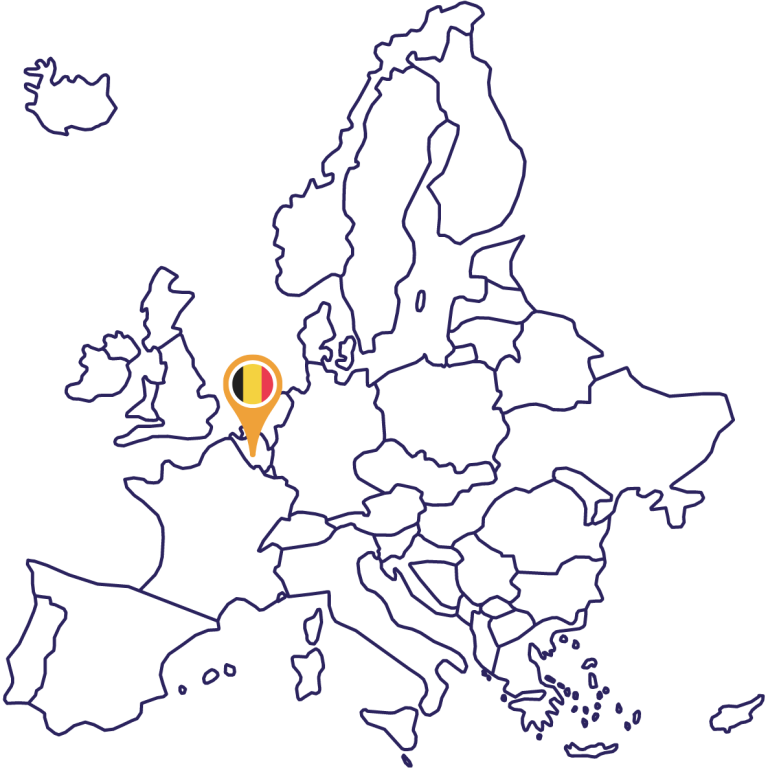Country Profiles
Belgium
Policies & funding

Belgium’s federal law on development cooperation (2013) stresses the importance of SRHR for sustainable development and prioritises reproductive health and HIV in its bilateral cooperation. At the regional level, sexual and reproductive health and family planning (SRH/FP) has been a priority in the foreign affairs of the Flemish government.
SRH/FP is also a priority in operational federal policy documents on health and on gender in development. This has been further confirmed by the Belgian answer to the COVID-19 pandemic: the Directorate for Development Cooperation developed a ‘response strategy note’, which included a specific note on integrated health care, including SRH care and access to FP and a specific note on economic support and recovery, including a dedicated section on SRHR promotion and protection during COVID-19.
SheDecides and the Generation Equality Forum
Belgium has been a frontrunner for SheDecides, the international initiative that was launched early 2017 and seeks to promote women’s rights and SRH/FP worldwide. The country hosted the pledging conference in March 2017 and as part of the country’s contributions to SheDecides, the government decided to spend €36 million in core funding to UNFPA between 2017-2020. After an initial support for SRH/FP in new partner countries through earmarked multilateral support for UNFPA country programmes in 2017 and 2018, Belgium is more structurally prioritising SRH/FP in its bilateral cooperation since 2019. This is done through the inclusion of a ‘SheDecides’-programme in promoting SRH/FP and gender equality into its bilateral cooperation agreements. Since SheDecides, Belgium also supports UNFPA’s Supplies Programme. Belgium committed to renew its multi-annual support for UNFPA and UNFPA Supplies and increase its diplomatic investments and NGO support on the prevention and response to SGBV at the Generation Equality Forum in Paris, July 2021. In 2020 Belgium’s support for SRH/FP significantly increased due to the dedicated attention to SRH/FP in Belgium’s 2019-2023 multi-annual bilateral cooperation programmes with Burkina Faso, Benin, Senegal, Rwanda and Guinea Republic. In 2020 the combined support for SRH/FP in these partner countries amounted to €14,4 million, which is projected to still increase to €21,4 million in 2021.
Strong increase of the country’s support to SRH/FP and SRHR
Considering these bilateral cooperation programmes and other funding streams, Belgium total spending on SRH/FP in 2020 amounted to an unprecedented € 30 million. Other essential interventions that the country supported included HIV/AIDS and other STIs which, combined, amount to €42 million spent in 2020.
In addition to these direct expenditures on SRH/FP and SRHR, more than half of Belgium’s total expenses for health contribute to reproductive, maternal, neonatal and child health (RMNCH). These figures illustrate that a considerable share of the investments in health directly benefit SRH/FP, both at the institutional level (e.g. through strengthening the capacity of the Ministry of Health), as well as at the programmes and service delivery level. As the COVID-19 pandemic has shown the importance of strong health systems and public sector support for health, Belgium is expected to reinforce its support for the health sector in the coming years.
Budget cycles and core support
Belgium’s ODA is decided upon by the parliament through a system of parliamentary budget cycles. As such, Belgium traditionally supports SRH/FP politically and mainly through its multilateral and bilateral cooperation. This support may however be impacted in the coming years, which may bring serious budget cuts, given the economic crisis the pandemic has created.
Belgium prefers providing core funding to multilateral SRH/FP and health organisations over earmarked funding, in order to respect the agencies’ decision-making. Belgium supports several multilateral organisations with specific attention for SRH/FP, such as UNFPA, the Global Fund to Fight AIDS, Tuberculosis and Malaria (GFTAM), UNAIDS, UNICEF, the WHO and the World Bank. The regional government of Flanders is supporting the Reproductive Health and Research Department of the WHO as well as UNAIDS.
Internationally vocal
Belgium has been a key supporter of SRH/FP and SRHR internationally. In addition to making commitments around SRH/FP, the country champions the employment of progressive language in UN processes. Belgium’s leading role in the promotion of SRHR is supported by a vocal All-Party Parliamentary Group (APPG) on health and gender equality, the ‘Parliamentarians for the 2030 Agenda’. Belgium is also actively engaging at the EU level: in 2021, the country joined the Team Europe Initiative focusing on SRHR in sub-Saharan Africa.

Key documents
- In English:
- In Dutch:
- Het recht op gezondheidszorg waarmaken voor een duurzame ontwikkeling (2018)
- De Belgische bijdrage aan de wereldwijde strijd tegen hiv/aids (2008)
- De Belgische Ontwikkelingssamenwerking op het gebied van Seksuele en Reproductieve Gezondheid en Rechten (2007)
- Beleidsnota Het recht op gezondheid en gezondheidszorg (2006)
- Wet betreffende de Belgische Ontwikkelingssamenwerking (2013)
- Beleidsverklaring Ontwikkelingssamenwerking (2014-2019)
- Gender in de Belgische Ontwikkelingssamenwerking (2016)
- In French:
- Réponse aux défis posés par la pandémie de COVID-19 dans les pays et vis-à-vis des acteurs partenaires de la coopération au développement et l’aide humanitaire belge VOLET SOCIOECONOMIQUE (2020)
- Réponse de la coopération au développement et de l’aide humanitaire belge aux défis posés par la pandémie du covid-19 dans les pays et les organisations partenaires. VOLET SANTÉ (2020)
- Réaliser le droit aux soins de santé pour un développment durable (2018)
- La Coopération belge au Développement dans le domaine de la Santé et des Droits Sexuels et Reproductifs (2007)
- Le droit à la santé et aux soins de santé (2008)
- La contribution belge à la lutte internationale contre le VIH/SIDA(2006)
- Loi relative à la Coopération [belge] au Développement IDA (2013)
- Exposé d’Orientation Politique Coopération au développement (2014-2019)
- Le genre dans la Coopération belge au développement (2016)


